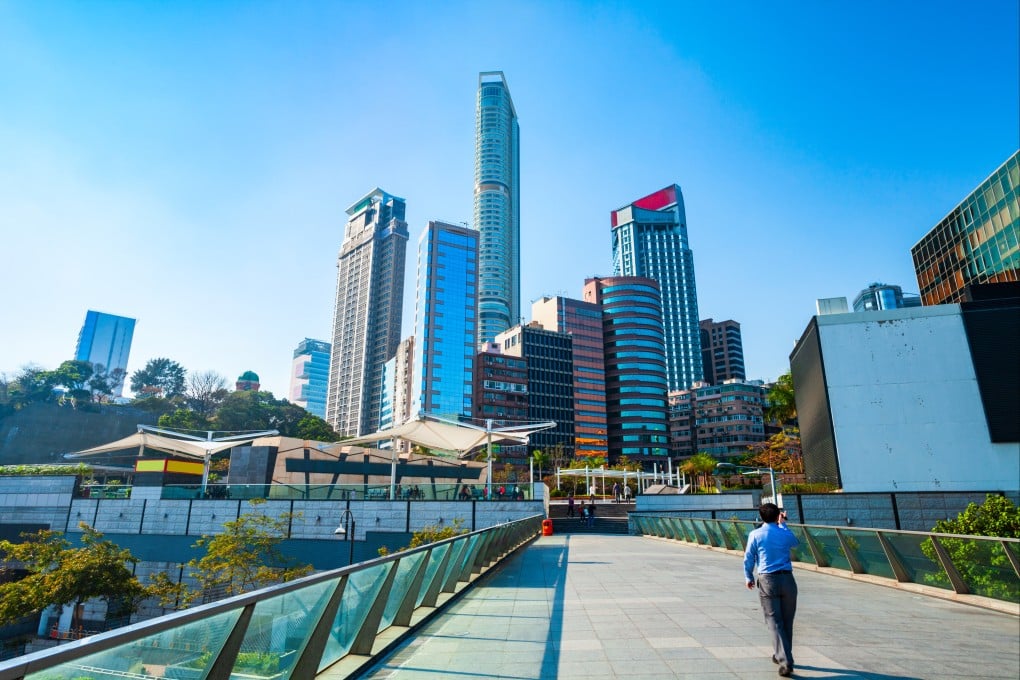Editorial | Crucial ‘two sessions’ to underline key Hong Kong role in way forward
- Annual meetings in Beijing will make landmark decisions on economic policy and strategy, as well as positioning of city amid geopolitical tensions

This year’s “two sessions”, the annual meetings of China’s legislature and political advisory bodies, will be momentous enough for completion of a twice-in-a-decade leadership transition. But it will be memorable also for landmark decisions on economic policy and strategy – the political priority this year – and the positioning of Hong Kong amid geopolitical tensions under “one country, two systems”.
The two are not unrelated. President Xi Jinping set the stage for refocusing on long-term economic targets and stability with the sudden reversal of his signature zero-Covid policy, which shrunk economic growth. If that was an example of pragmatism prevailing in policy settings, more can be expected, among them moves to relieve fiscal pressure, normalise regulation after a crackdown on giant tech platforms and develop technological self-reliance.
The immediate challenge for the Chinese People’s Political Consultative Conference and the lawmaking National People’s Congress is how to restore economic growth and spur job creation in the face of weakened external demand and youth unemployment of 16.7 per cent in December – a confronting statistic in an ageing society. Indeed, the restoration of stable growth would be positive for progress on longer-term objectives.
Delegates to the two sessions will therefore take heart from ratings agency Moody’s latest forecast that China’s growth rate will rise from 3 per cent last year to 5 per cent in 2023, along with news of a promising rise in the manufacturing purchasing managers’ index.
In this respect the confirmation of Li Qiang as new premier will cast him in a pivotal role as co-pilot of the world’s second-largest economy – the first time a Xi protégé and close associate has held the economic levers since Xi became party leader in 2012.

